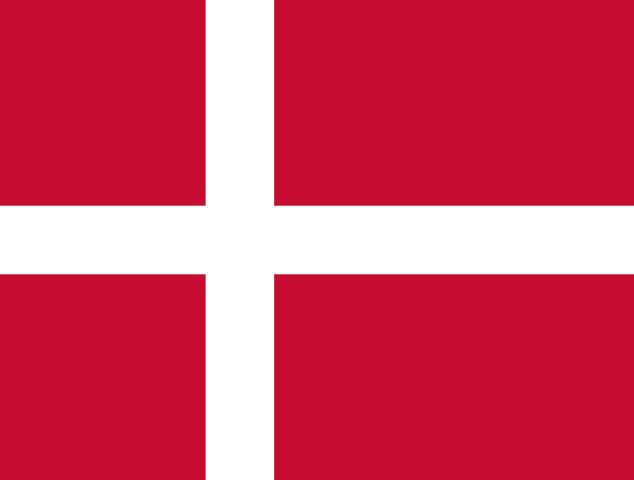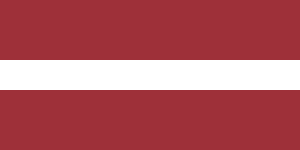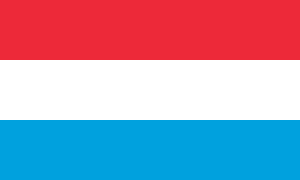In Denmark free debt advice is provided mainly by NGO’s and some municipalities. Generally, the NGOs provide debt advice on any debt a debtor may have whereas municipalities often only provide debt advice regarding debt to that municipality. The debt advice provided by NGO’s is mostly funded by public authorities through project grants and by charitable private foundations. This limits the scope of who can receive free debt advice by these NGOs to mostly only people who are socially vulnerable.
Currently the NGOs providing free debt advice are regulated by the terms set in the last project grant from 2020, stating among other things that these NGOs must be members of ‘Den Nationale Vidensfunktion’ (EN: The National Knowledge Function) and as such follow their terms of membership and work in improving the overall quality of debt advice in Denmark. The current project grant will run until October 2023 after which it is expected a new grant will be published for the NGOs to apply for.
The Debt advice provided by the NGO’s typically consists of the debt advisor creating an overview of the debtor’s debt showing how much debt does the debtor have and to whom, any conditions and what is the interest rate. There is no central credit register in Denmark, meaning that this is manual work where the debt advisor will have to contact all known creditors as well as databases like RKI (Experian). Simultaneously the debt advisor creates a budget for the debtor. Once both the budget and the overview are done, the debt advisor will do his/her best in advising and counselling the debtor in what to do next. In some cases, the debt advisor will contact creditors to try and negotiate deals on behalf of the debtor, for example a reduction in interest, a write-off of part of the debt or a payment plan.



